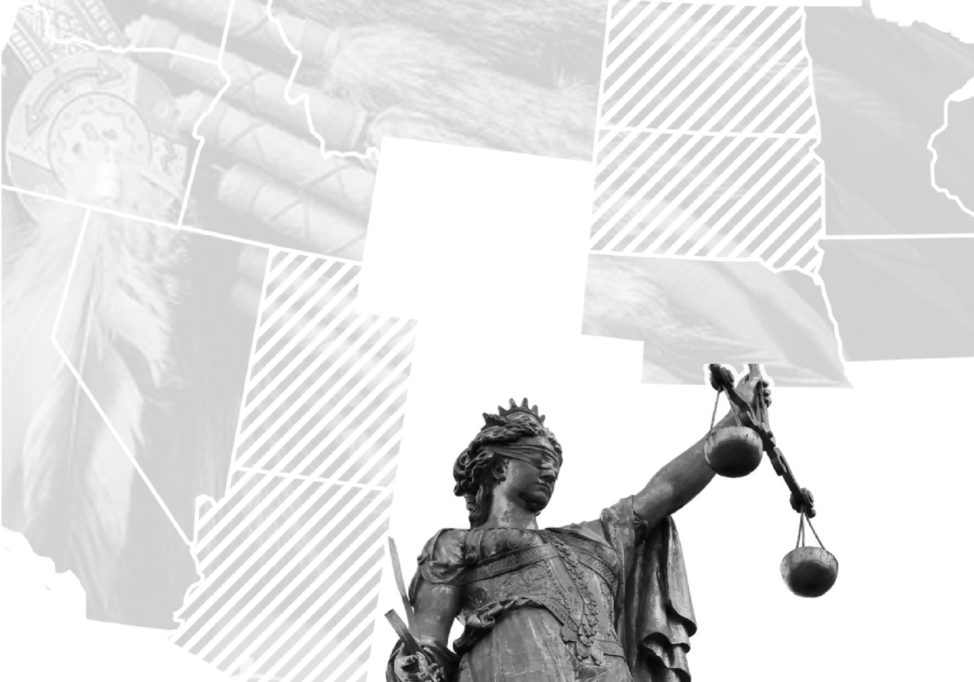Overview
Measures for Justice helps to create a more transparent, accessible, and accountable criminal justice system using data. We can do this work only if we have access to data that provide a critical window into how cases are being handled in different communities. Unfortunately, convoluted laws governing criminal case processing can make data transparency particularly complicated. A key contributor to this jurisdictional confusion is Public Law 83-280 (PL-280), which reduces the ability of American Indian tribes to independently respond to crimes occurring on Indian land.
PL-280 plays a significant role in dictating which institutions respond to criminal offenses and, consequently, what justice looks like for different people across different communities in the United States. This new report sheds light on the complexity created by PL-280 and the challenges it poses for data collection and system transparency.


